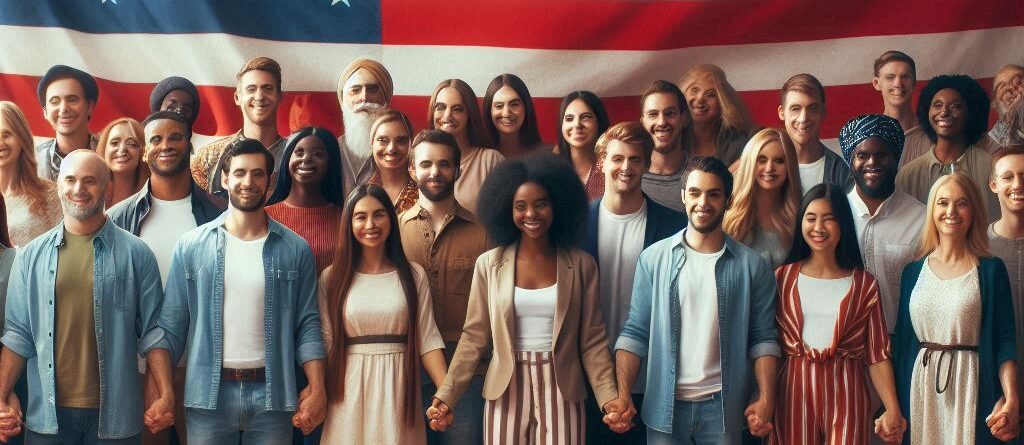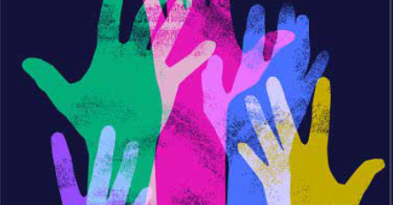By Theresa N. Coney
Critics of DEI seem to have a new equation for success, saying in sum that merit, excellence and intelligence, or MEI, minus diversity, equity and inclusion — DEI — equals the best person for the position. MEI-DEI = The best person.
The most recent billionaire to hitch himself to the anti-DEI train, Alexandr Wang, coined the terminology “MEI” in an office blog that discussed his tech company’s presumed stellar practice of hiring “only the best person” by demanding excellence and unapologetically preferring very smart people.
His statements imply that the search for merit, excellence and intelligence precludes the value of diversity, equity and inclusion considerations. According to his blog, “(a) hiring process based on merit will naturally yield a variety of backgrounds, perspectives, and ideas.” https://scale.com/blog/meritocracy-at-scale
Considering the brain science that details how the “naturally yielding of variety” is unlikely based upon the implicit bias of those making these “natural selections,” Wang’s ideology seems misguided.
Just consider the impact of blind auditions for women in classical music orchestras. Studies showed that only once the natural selection process, seeped with implicit bias, was altered during orchestral auditions, did the percentage of women who were selected increase dramatically. No enhanced ability led to the change; instead, auditions held behind a curtain helped alleviate bias. (Goldin, C., & Rouse, C. (2000). “Orchestrating Impartiality: The Impact of ‘Blind’ Auditions on Female Musicians,” The American Economic Review, 90(4)).
The idea that ignoring implicit bias and structural barriers to equity somehow creates a selection process that is “naturally” based on merit is ill informed. This narrative is particularly harmful in the legal community, as evidenced by the Massachusetts Supreme Judicial Court’s Standing Committee on Lawyer Well Being 2021 Report which detailed the disparities faced by attorneys in marginalized communities and the harms thereby caused. In 2023 the Committee collaborated with the Affinity Bar Associations and volunteer attorneys to develop a set of proposals to address the harmful experiences highlighted in the above Report. The proposals, set to be released by the Massachusetts Affinity Bar Associations, will provide specific ideas for Law Firms, Legal Departments, and Public Agency and Non-Profit Legal Services Organizations to address inequities. (https://static1.squarespace.com/static/5e6d105ff4b7d15cf766c1e1/t/664e02e24015a104810cf389/1716388580842/2023+Annual+Report.pdf) These actions support an understanding that the idealistic meritocracy ideology reinforces structural barriers, causing actual harm, and is as fictious as the leprechaun at the base of the rainbow.
When I first heard of Wang’s blog, the primary color of the rainbow I felt was red. We’ve seen attempts to mask racism under different guises before. The Supreme Court’s assertion that our Constitution is colorblind, in a world that is not, is one. Now, another prominent person, and a person of color, joins the fray.
MEI is an attempt to rebrand racism with new terminology. Language has historically been divisive, allowing people in power to justify their progress through the subjugation of others. “Race” is one such term. The social construct of race in America was codified to maintain power and privilege after it was threatened during events like Bacon’s Rebellion in 1676.
This historical structure to ensure power and privilege continues, evidenced by the robust disparities that exist in our country for people of color. We must remember that the founding fathers crafted a constitution that was one of the first systemic barriers for racial and gender equity.
United, many worked against bias and oppression, giving our country the capacity to move toward the equity it originally proclaimed. But the work against bias does little to counter the insidious impact that comments like Wang’s perpetuates. Words matter. They undergird the justification that leads to the belief of a lesser class of people who are unworthy of the same care and concern. It leads to the devaluing of a perspective that comes from marginalized communities where “Please don’t hurt me y’all” marks the beginning of the encounter with the officer who Sonya Massey called for help and who, in the end, took her life as she held a pot of boiling water.
“Black people jobs,” “colorblind constitution,” “super-predator,” “shithole country” and “MEI” — all the subliminal messaging in these words leads to a society in which there is little value given to the experience of Black people, to a perspective that isn’t dominant, to the privilege granted that isn’t earned, ultimately creating an environment that devalues the human themselves because of the color of their skin.
There is still work to be done. The reality is that there are systemic barriers that continue to exist, and a utopian ideology that elevates color-blindness or MEI doesn’t make those systemic issues disappear. The statistics bear out inequities that persist in nearly all areas, so too do the unnecessary deaths of people like Sonya Massey — the woman shot and killed in her home by an Illinois sheriff’s deputy last month — necessitating an examination of conditions through a color-conscious lens.
The American Bar Association’s Resolution 113 calls on us as legal professionals to increase diversity and remediate the issues of implicit bias in the legal profession. This call should inspire us to use our professional skills and knowledge to work toward equity and fairness. DEI is about creating a consciousness that allows you to go beyond implicit shortcomings. It allows you to both understand the limits of your own perspective and value another’s. Asha Saxena, the leader of Women Leaders in Data and AI, or WLDA, stated in her response to Wang’s post: “In today’s era, where AI represents a convergence of diverse fields … the idea that merit, excellence, and intelligence (MEI) can be fully realized without incorporating … DEI is fundamentally flawed.”
DEI is not about merely bringing marginalized communities into your firm or organization. It’s about broadening your thinking, insight and perspective, giving you the opportunity to choose the most meritorious candidate from the most inclusive pool. It’s about recognizing and reducing the barriers that prevent marginalized communities from having access to your pool. It provides a more varied approach to addressing issues, critically evaluating products, elevating the valuing of knowledge and experience outside of your own, to improve outcomes and culture.
DEI can indeed help you make more money, but finding your pot of gold shouldn’t be the sole reason to ensure diversity in your workplace. Bias is a four-letter word, and as someone from a culture that faces bias in this country, it saddens me that there is a lack of understanding of how damaging this divisive language is for people who face barriers every day. This is a fight against the narrative, the bias, that words like MEI perpetuate because bias leads to real harm.
Stop chasing rainbows and get steeped in the reality of what is staring you in the face. Real math cannot be separated from the history of the country, from the science of implicit bias, nor from the psychology of an individual perspective and certainly not from social justice. What should be “natural” is an understanding that the true equation — DEI multiplied by merit — equals the best candidate for the job. That’s the equation that computes. MEI x DEI = the best candidate for the job. MLW
Theresa N. Coney is the racial equity training lead for the Committee for Public Counsel Services.




